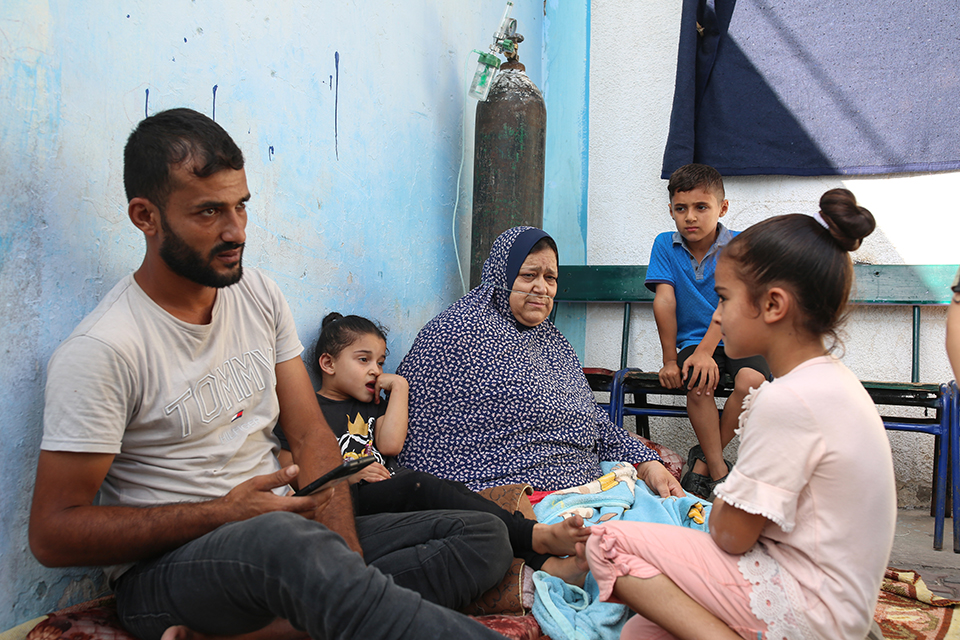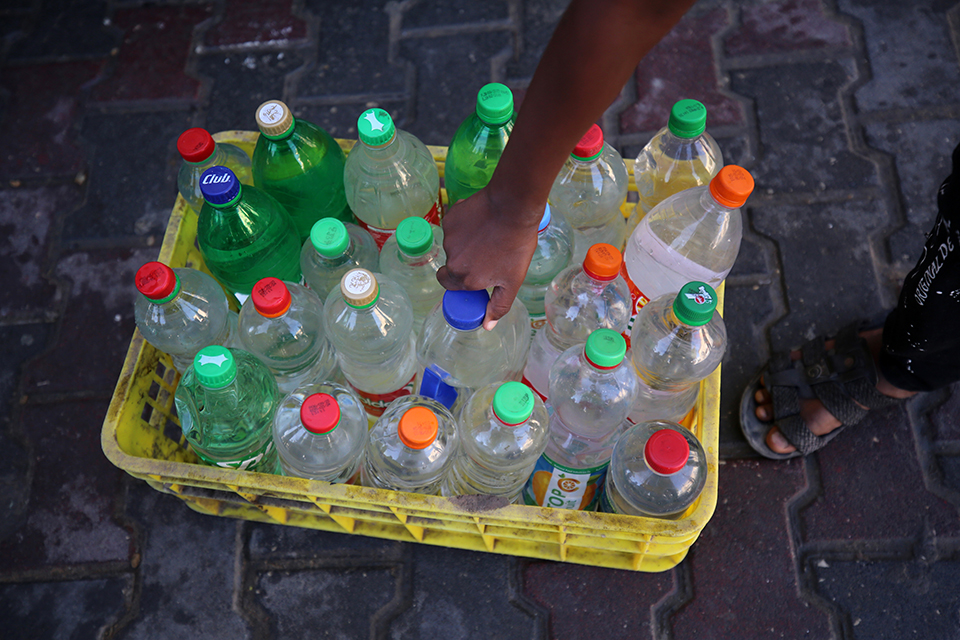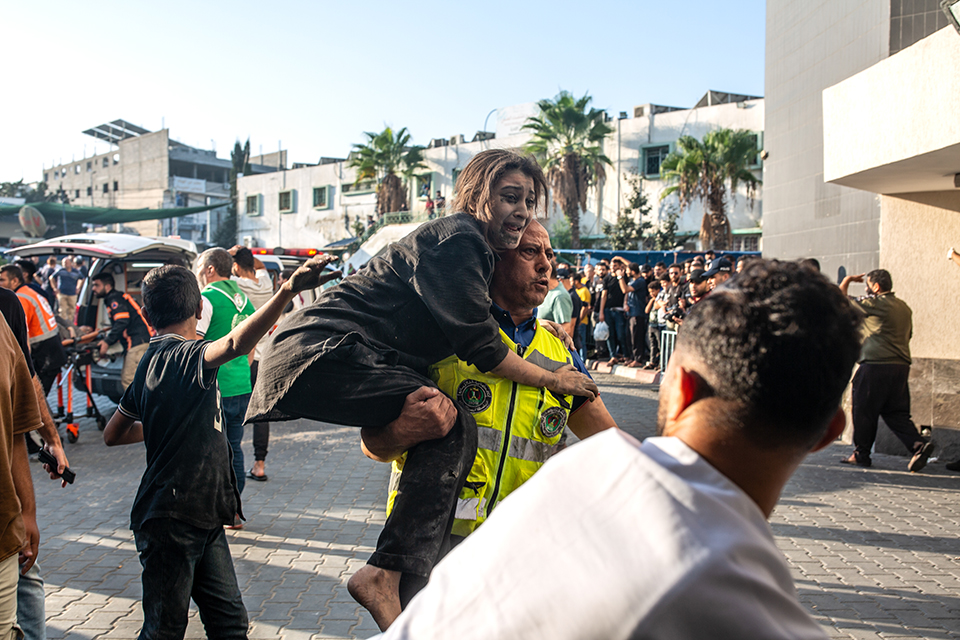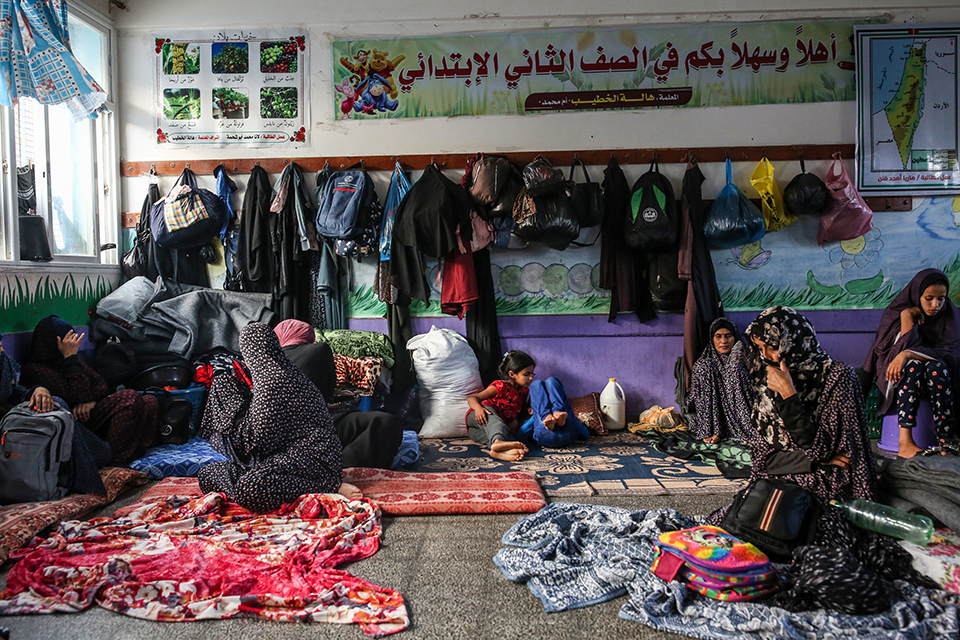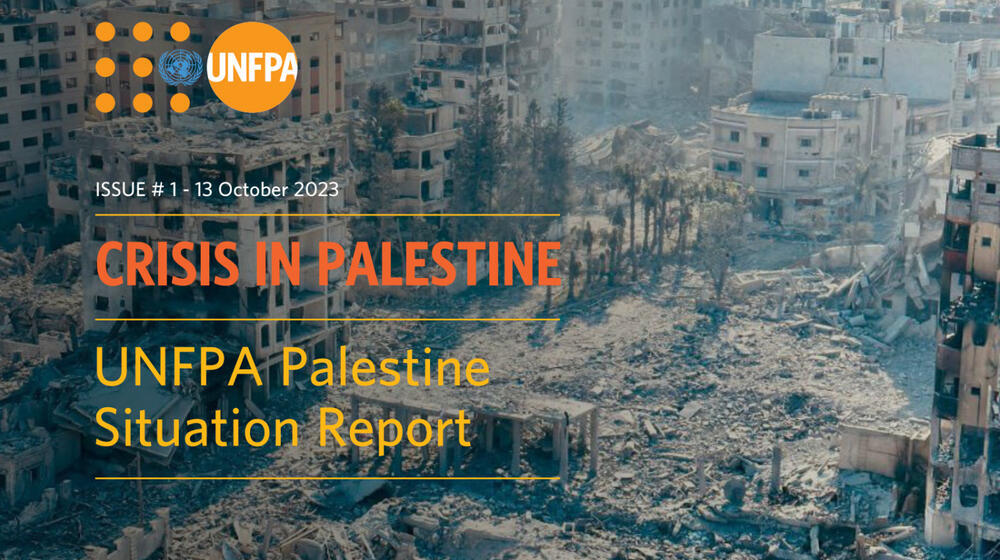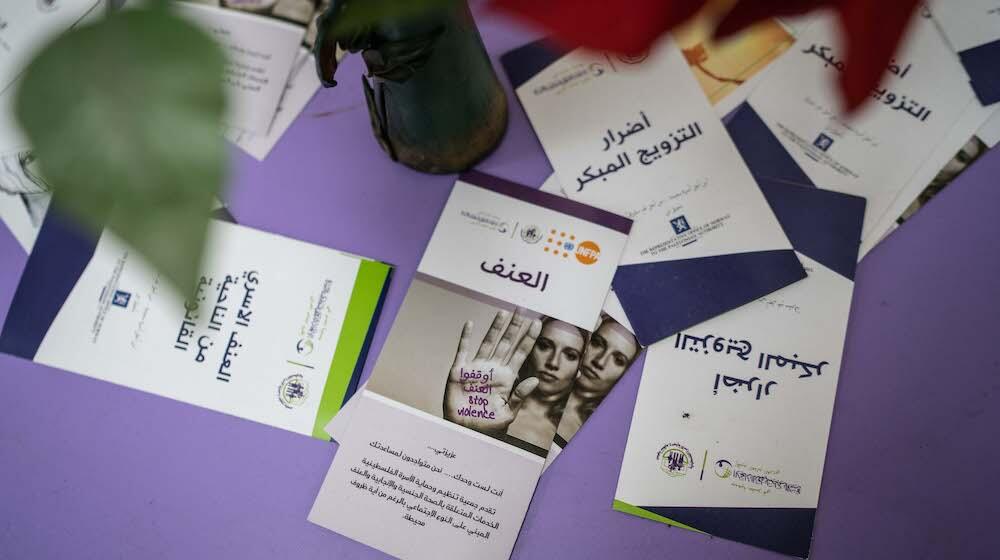
“Every time there is a bombing, I am terrified”
Pregnant women seek safety in besieged Gaza
For pregnant women in Gaza, life has become fraught with fear. “Every time there is a bombing, I am terrified,” one of the estimated 50,000 pregnant women in Gaza tells UNFPA. “I fear for my children and my unborn child.”
The siege imposed by Israel following the Hamas attacks on Israeli towns and civilians on 7 October cut off Gaza from crucial aid supplies until 21 October, when 20 aid trucks were allowed in. But much more aid is desperately needed. The UN is calling for 100 daily aid trucks to meet the humanitarian needs of Gaza’s 2.2 million people.
UNFPA is dispatching life-saving reproductive health medicines and supplies to Egypt for stockpiling and transportation across the border into Gaza when possible. Three thousand dignity kits containing hygiene supplies for women and girls have been delivered to the Egyptian Red Crescent Society for distribution in Gaza, and additional kits are being prepared. Among other initiatives, a UNFPA-supported helpline is available for women, youth and other people requiring assistance in Gaza and the West Bank.
UNFPA calls for an immediate ceasefire and unimpeded humanitarian access so that food, medicines, water and fuel can safely reach everyone in need.
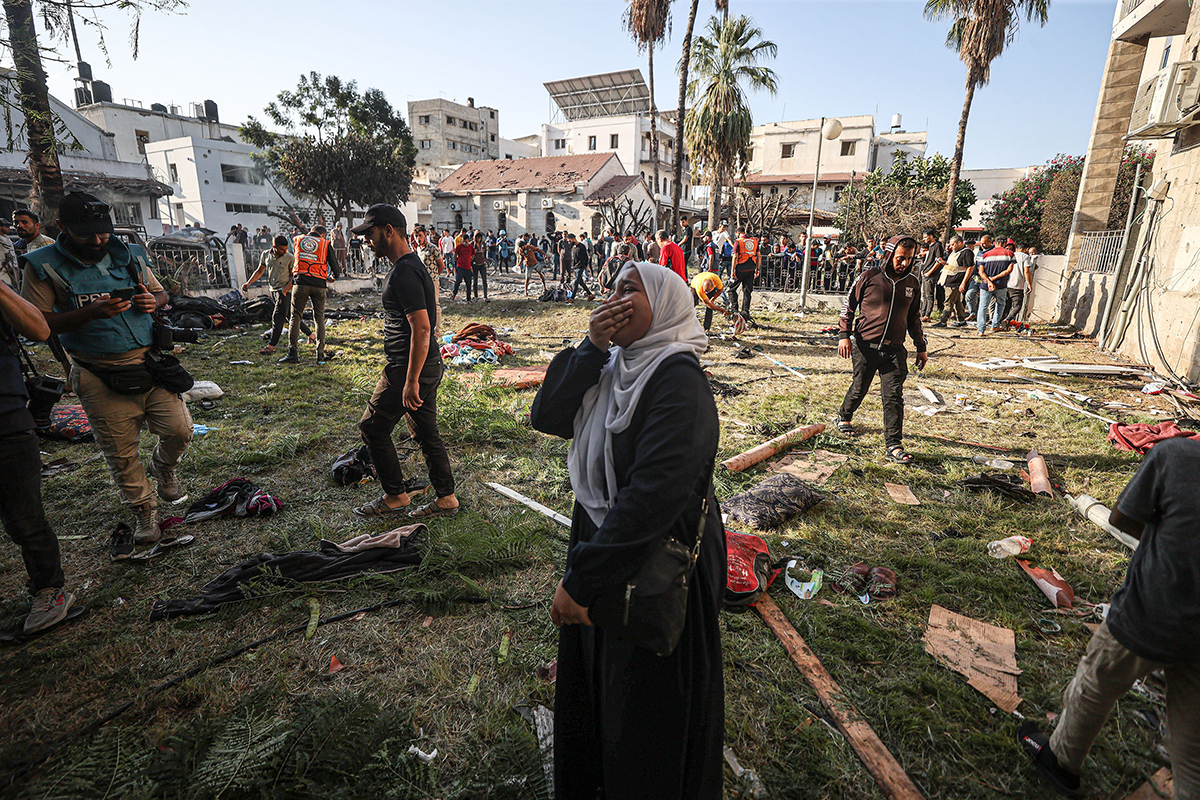
As of 22 October, 4,651 people had lost their lives in Gaza, with more than 14,245 injured; 1.4 million people have been forced to flee their homes following an evacuation order. Some are living in UN shelters or with relatives; others are unable to leave due to illness, pregnancy with complications, age or disabilities. Hospitals, refugee camps and schools have been hit in the deadly conflict, and the health system is on the brink of collapse.
As of 21 October, the World Health Organization documented 143 attacks against health care facilities in Gaza, with 20 per cent of hospitals not functioning and 65 per cent of Ministry of Health clinics and 64 per cent of UNRWA clinics closed. There are critical shortages of drugs, medical supplies and blood products.
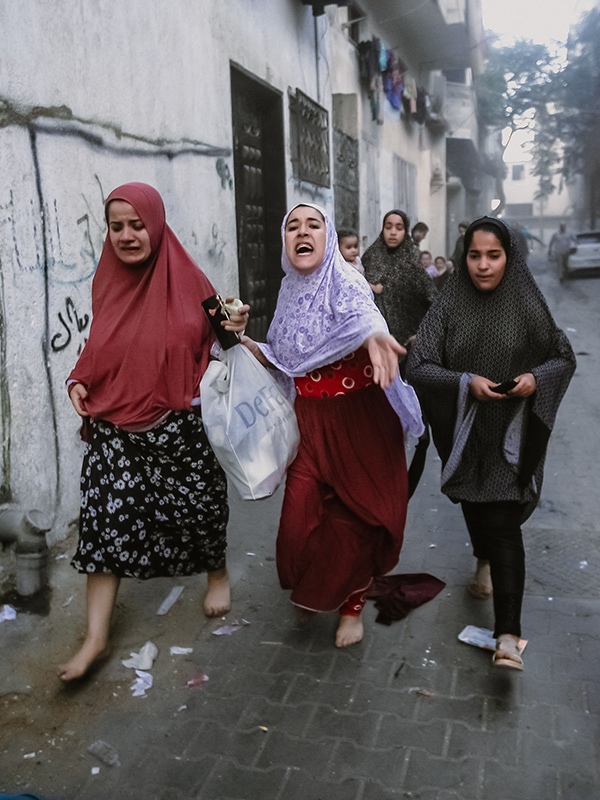
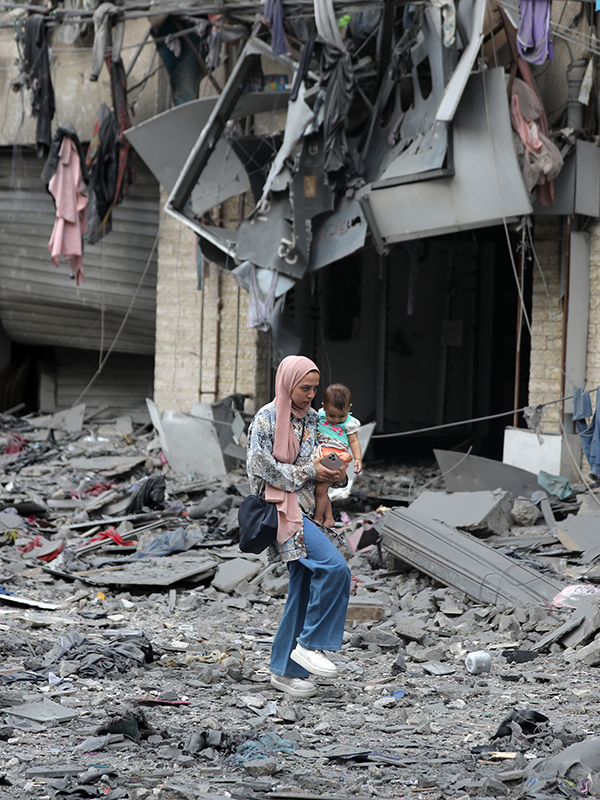
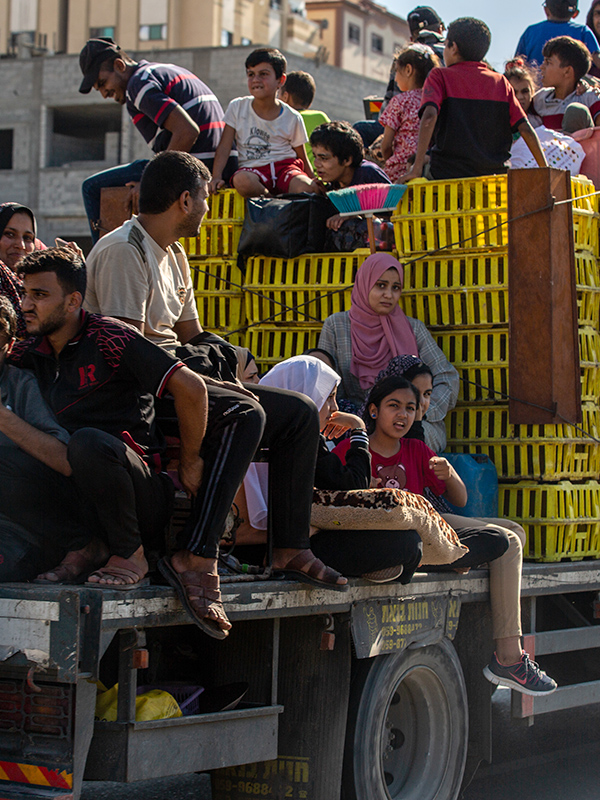
UNFPA deplores the loss of life in the conflict and is deeply concerned for the safety and well-being of all civilians caught up in the crisis, especially women and girls.
“For the thousands of women about to give birth, and those who are sick and critically injured, being forced from their homes with nowhere safe to go and no food or water is extremely dangerous,” said UNFPA Executive Director Dr. Natalia Kanem in a statement.
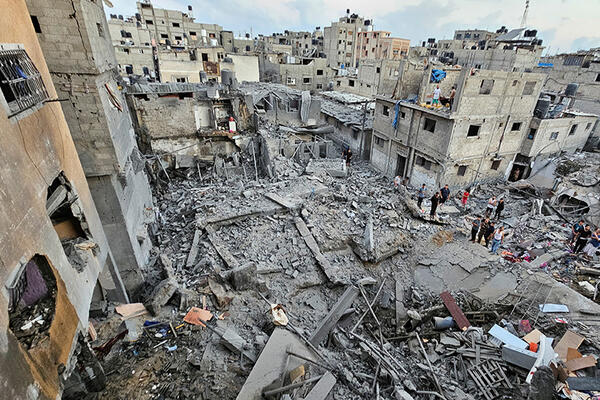
Even in war there are rules – civilians are not a target.
Too many people are mourning lost children, parents and other family members.
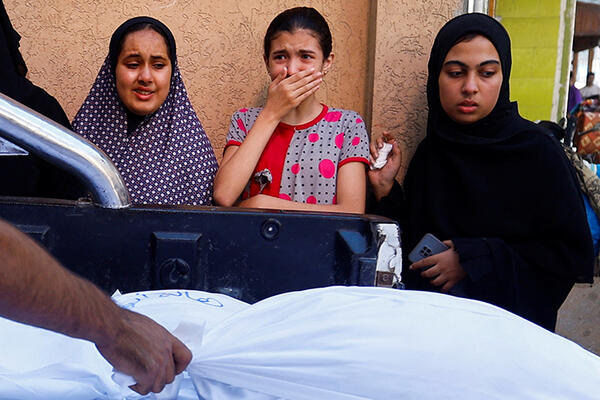
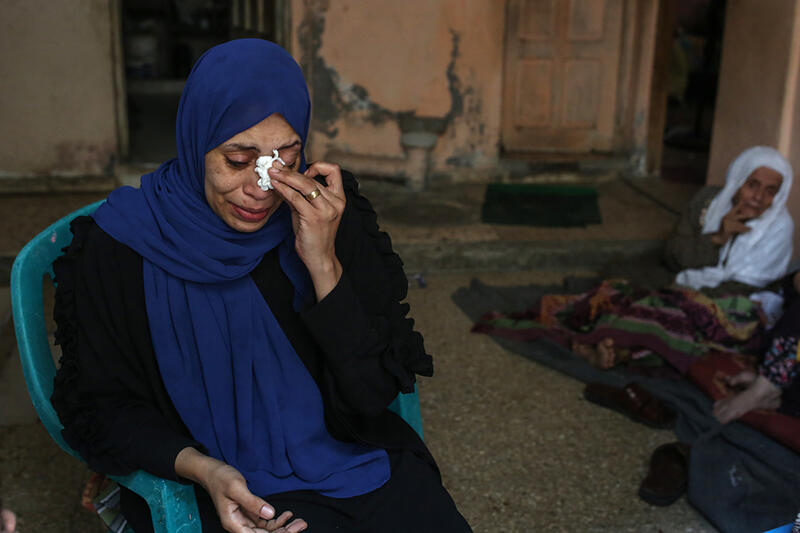
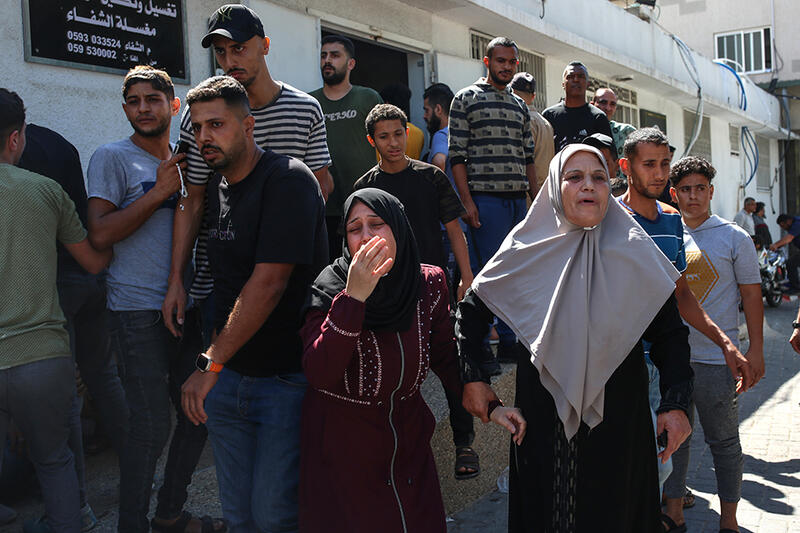
The lives of people in Gaza are at risk not just from the unrelenting attacks, but from a lack of clean drinking water, food and medical supplies, as well as from rapidly deteriorating sanitation and a lack of fuel, which is cutting life-saving power to intensive care units.
The humanitarian situation is catastrophic. Help us deliver essential health-care services to women in Gaza.
